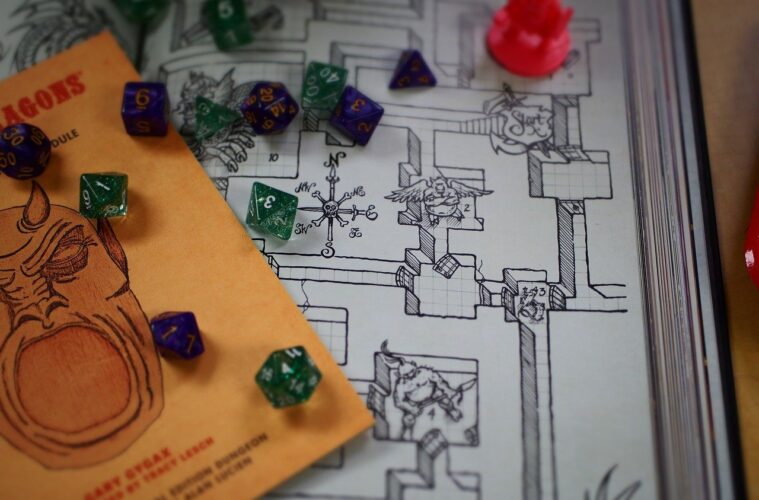Not that long ago, the popular tabletop roleplaying game Dungeons & Dragons was a niche hobby for fantasy enthusiasts, with many players in the game’s heyday in the ‘70s and ‘80s being ridiculed or persecuted for playing the game. But now, with nerd culture becoming mainstream over the past decade and an increased interest in everything from fantasy games to comic books, ‘D&D’ is more popular than ever. So how did we get here?
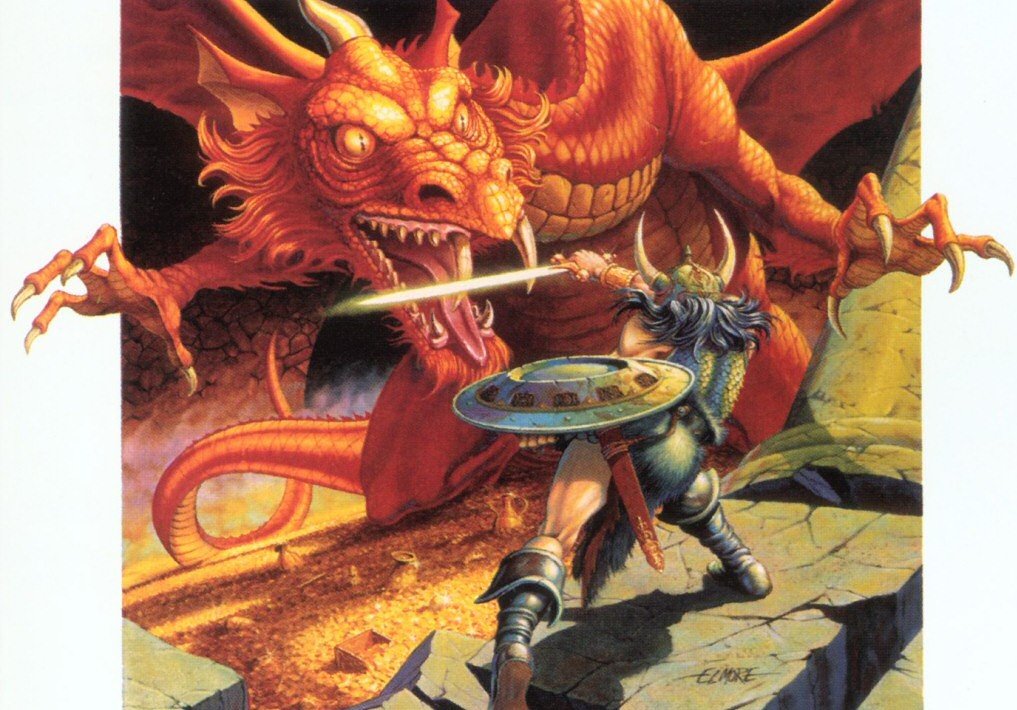
Image Courtesy of Bell of Lost Souls
For the uninitiated, Dungeons & Dragons, or D&D is a tabletop roleplaying game, where players assume the role of different characters in a fantasy story and go on adventures together as a group of heroes. One player takes on the role of Dungeon Master, who creates the scenarios and plays any characters or monsters the adventuring party might encounter. The players fight monsters, cast spells, develop their character’s skills, and move through a fantasy world by describing to the Dungeon Master what their character would do, rolling dice, and the Dungeon Master determines the results and describes the scene.
Released originally in 1974, and has always been based around this structure of collaborative storytelling and fantasy action. The most current rendition, Dungeons & Dragons 5th edition was released in 2014 and has been the most popular edition of the game to date, by a wide margin. So where did all this new interest in D&D Come from? The answer is many different places.
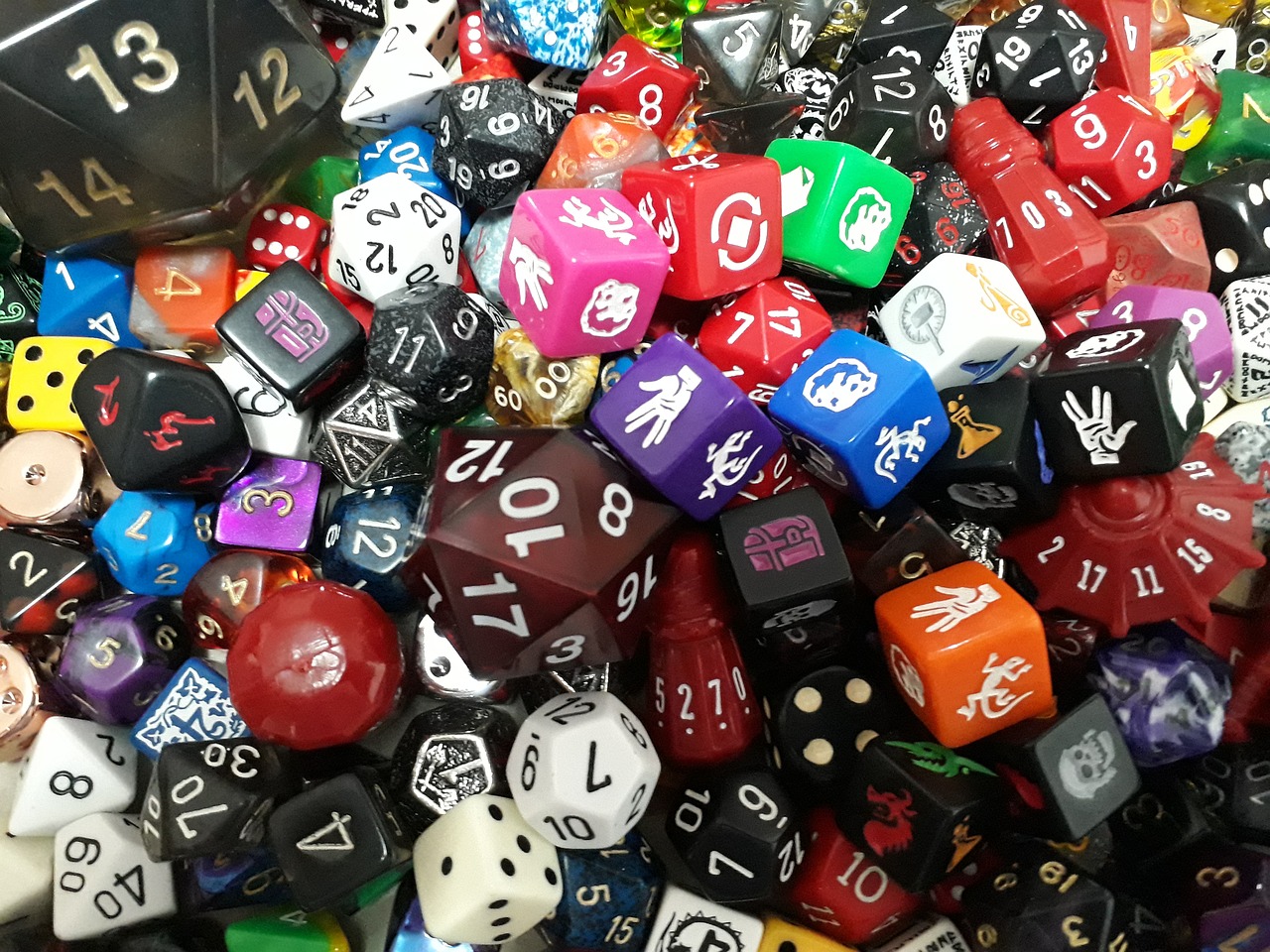
Towards the end of the 2000s, ‘geek culture,’ started to rise in popularity, in part due to the box-office success of blockbuster comic book movies like the Marvel Cinematic Universe emerging onto the scene. Through the ubiquity of the internet, fandom culture spread on places like Tumblr and Reddit and it became much easier to find people with common interests. Things that had previously been seen as nerdy were suddenly being talked about more and more widely, and the anonymity of the internet allowed people to fully embrace their love of Star Wars, video games, or Doctor Who without fear of ridicule from peers. This coincided with an increase in online attitudes of acceptance of different peoples’ perspectives, identities, and interests.
By the same token, the rise of popular streaming platforms such as twitch helped increase the popularity and visibility of gaming of all sorts in the early 2010s. Add to this the hugely successful 2014 release of D&D’s 5th edition, and you began to see people broadcast their games of dungeons and dragons on the internet for people to watch along live as the play unfolded. One such show, Critical Role, has become one of the most popular internet phenomena of its kind with millions tuning in weekly to watch a cast of professional voice actors play the D&D together. The show’s fanbase is so large that in 2019 they set the record for largest crowd-funded film project to date, raising 11.3 million to produce a Critical Role animated series. The show’s meteoric success is widely credited with helping cement the current wave of Dungeons & Dragons popularity.
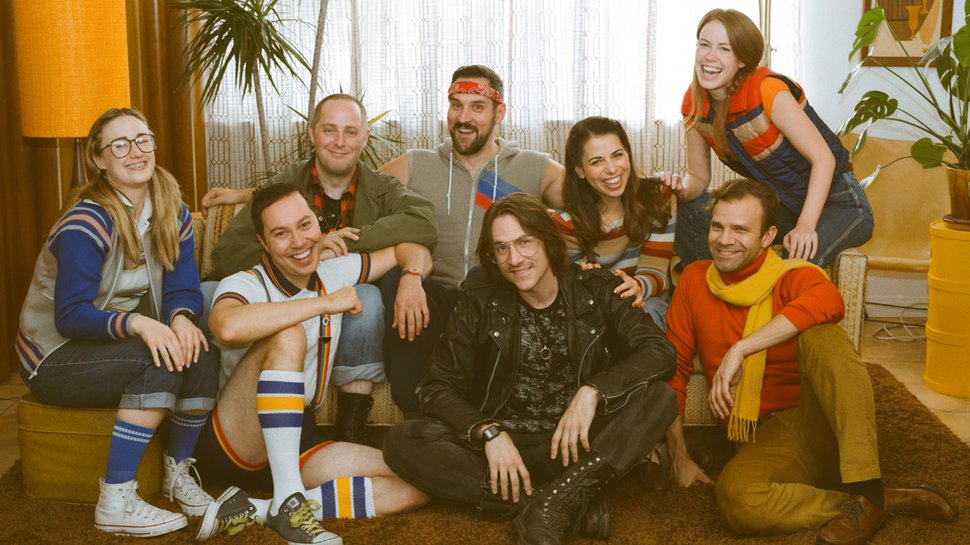
Image Courtesy of Critical Role
But shows like Critical Role mainly appeal to people who were already fans of the game, or just getting into playing D&D. 2 years after the release of the 5th edition, Netflix released a record-breaker of its own. Stranger Things has been the platform’s most popular original release to date, being the biggest streaming show in the world in 2019. The show’s ‘80s setting and the main cast of plucky teenage boys is not only the perfect setup for D&D references, but the characters play the game on screen and use it to help navigate the supernatural forces at work around them. Other popular shows, including Community, Futurama, and The Big Bang Theory feature episodes based around characters playing D&D.
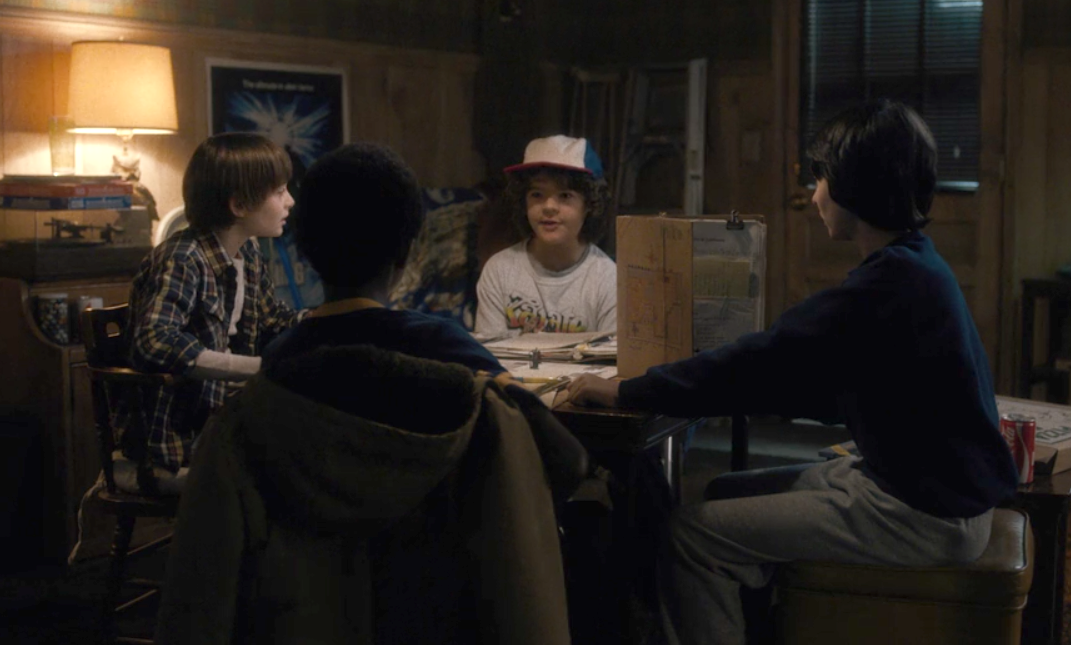
Image Courtesy of Stranger Things
After all this, Dungeons & Dragons has had its biggest year ever in 2020. Despite the COVID-19 pandemic, sales jumped 33%. Since the game doesn’t require any physical pieces beyond dice and paper, which can be easily reproduced digitally, D&D is easy to play online. So while people might not have been physically coming to the game table to play, D&D is still bringing people together, now more than ever.


